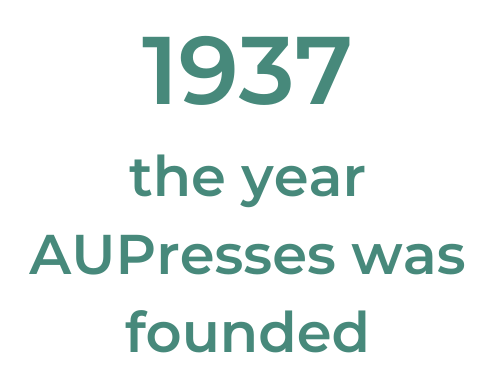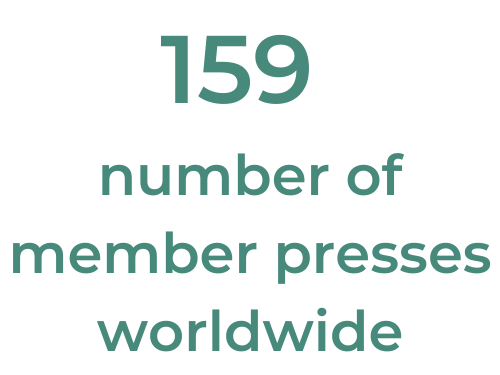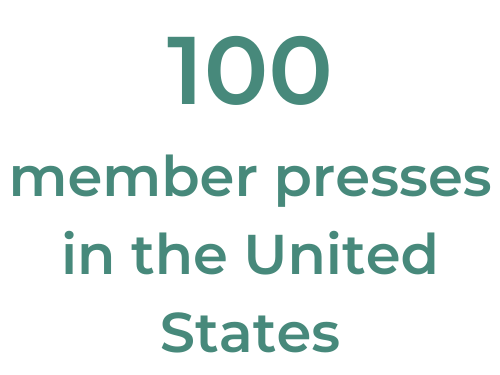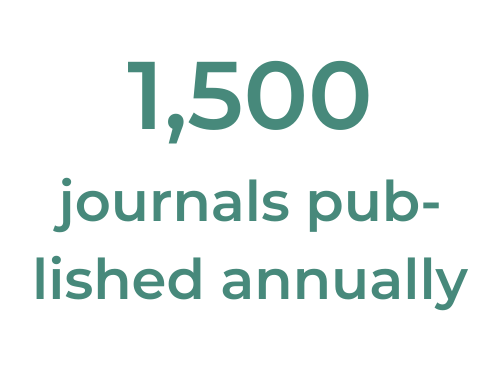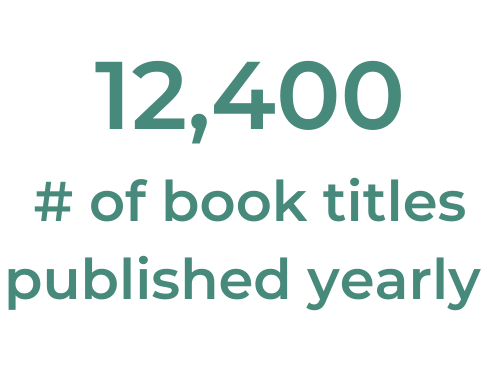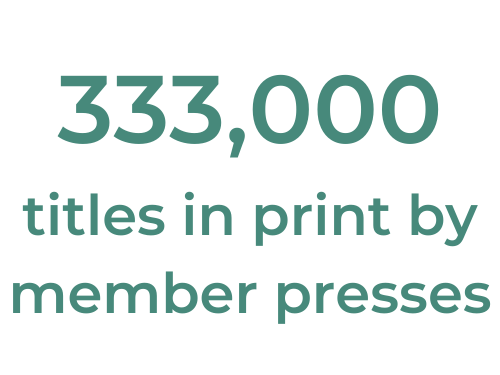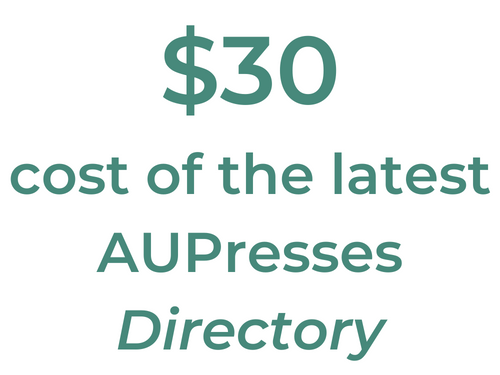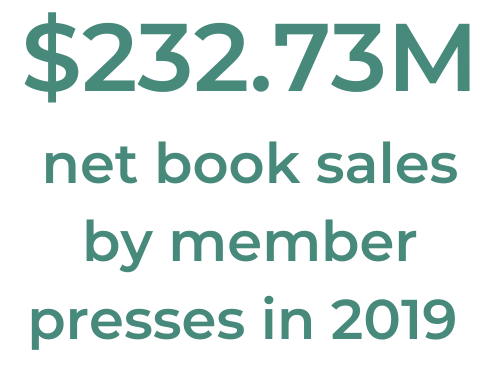Publishing with a University Press: A Curious Author’s Guide to the Process
I’m amazed—and grateful—that one of the books I’ve written is in 1,200 libraries, and that’s in large part due to the fact that it was published by the University of North Carolina Press.
Now, as a copy editor and publishing coach, I continue to have a favorable impression of university presses in general.
But I find that junior faculty, independent scholars, and non-academics often know little about university presses and their process for turning out the amazing books they do.
Thinking about publishing with a university press?
If you’re unsure of how to go about it or want to know what to expect—or if you’re just curious about what they do and how it all works—this post is for you!
Information, resources, and what to expect for authors when publishing with a university press
What university presses do
University presses are publishers of academic books and journals—titles that attract scholarly interest and make an intellectual and creative impact. Their titles are peer-reviewed (reviewed by academic scholars).
University presses often carve out niches within various fields of study. At the same time, most also produce titles that are geared toward general audiences and books that are of regional interest. (Here’s an article with more on the value of university presses.)
Most university presses are not-for-profit. They make most of their money on book sales. They also receive grant money and subsidies from their host institutions.
There are roughly one hundred university presses in the United States.
Why publish with a university press?
Publishing with a university press is often expected for people who teach or work at colleges and universities—especially for scholars in the early part of their careers. Published titles attract scholarly reviews in academic journals, which carry a lot of influence.
➡️Here’s a terrific short article on how to transform a dissertation into a great book.
➡️Here’s the best book on how to get published with an academic publisher or university press: The Book Proposal Book: A Guide for Scholarly Authors by Laura Portwood-Stacer. Get yourself a copy today!
➡️Here’s the Step-by-Step Traditional Publishing course—how to write a winning query and proposal, get a publishing contract, and successfully navigate the traditional publishing process. It’s the insight I’ve used to successfully publish an award-winning university press book and it’s the stuff I’ve taught dozens of authors since then.
A university press title offers credibility and respect for those outside of academia, too. Publishing with a university press helps establish or boost an author’s regional name recognition.
How to publish a book with a university press
If you’re interested in publishing with a university press, start by visiting the Association of University Presses (AUPresses) website.
There you’ll find these resources, and more:
the AUPresses Directory, available for purchase
a list of AUPresses member presses, with links to each press’s website, blog, and social media accounts
more facts and information about university presses and what they do
Also, be sure to visit ASK UP, an online resource devoted to explaining how university presses work. You can read questions and answers and submit your own questions on this site run by AUP members.
The Association of American University Presses, by the numbers
Questions to ask yourself when searching for a university press to publish your book
What are others in my field (e.g., my dissertation supervisor, colleagues, or author authors) recommending?
Which presses are well-known and actively acquiring titles in my field of study? (Don’t rule out a publisher just because it has a smaller list.)
Which presses have published some of my favorite books?
Is my book a fit for any well-known series produced by a particular press?
In which state or region is my book set?
Which press has expressed interest in my work? Do I like what I’ve heard from the acquisitions editor?
Am I willing to wait a year or more to publish my book?
Publishing with a university press
Below is some insight on what to expect when publishing with a university press. Here you can find more insight for authors written by an acquisitions editor. And be sure to thoroughly look at the website of each press you’re considering.
Let’s work together to craft a terrific query and book proposal
and get your nonfiction book manuscript published!
When and how to query
The first contact you have with an acquisitions editor may take place at a conference.
Or you may initiate the conversation by reaching out by email—midway through the writing process or later.
When “pitching” your book, tell the editor the title, the essence of the book, what makes it unique, why you think it’s a fit for their press, a little about you, and the current status of the project, including its anticipated word count. Your email should be friendly and upbeat, concise, and carefully proofread.
Interested acquisitions editors generally ask for a book proposal with sample chapters. They may ask for a full manuscript.
Get yourself a copy of The Book Proposal Book: A Guide for Scholarly Authors by Laura Portwood-Stacer. It is without a doubt the best book on book proposals for academic books.
The headquarters of Johns Hopkins University Press (2017 public domain photo by Baltimore Heritage)
The peer review process
After the acquisitions editor has thoroughly reviewed whatever they requested and received, they may forward it to one or more series editors.
Alternatively (or in addition), they may forward it to two or more prominent academic scholars for a thorough review.
It takes time, effort, and sometimes compensation to secure peer reviews. And if you’ve made it to this point, the acquisitions editor might be intrigued by your book, to say the least. As a result, many acquisitions editors request that authors not submit their manuscripts to any other publishers until the peer-review process plays out. It is a fair request.
Once the reviewers provide comments—usually within one to three months—the acquisitions editor asks the author to respond and, based on that feedback, decides whether to seek approval from the press.
Sometimes an additional peer review is requested. Often, author feedback is requested. (Be diplomatic and be thoughtful!)
If approved (usually by a larger committee that meets to discuss the merits of book projects like yours), a contract gets drafted. There is a little room for negotiation in these contracts, but not much. Usually the contract gets signed and everyone is satisfied.
Do not be surprised if this entire process—from query to signed contract—takes a few months to a year.
Completing and publishing your book
Once the contract is signed, the author has an agreed-upon period of time to make any requested or agreed-upon revisions and to work on acquiring image permissions.
You may be allotted a year to finish your book and complete these tasks.
You will typically be responsible for acquiring images and paying any fees, although many university presses handle any responsibilities related to the cover design.
The copy editing, production, proofreading, and indexing process takes a few months more.
The author will typically be asked to help with publicity—at the very least to make suggestions on a “marketing questionnaire"—and may be asked to help with the book description. Don’t hesitate to offer feedback. You know your book, your audience, and your field better than anyone.
When the book has been designed, you’ll have a few weeks to proofread the book and look for any unexpected errors that haven’t been caught yet or that happened in the design and layout process.
You’ll then get author copies of the book, and it will be officially published shortly after, typically within six months after proofreading is complete.
Many university presses release books seasonally, often in the spring and fall.
Marketing with a University Press
At least six months before publication, you will receive a marketing questionnaire to help you plan and coordinate book marketing activities.
University presses send (or make available) digital or print review copies to academic journals, review publications, and other interested parties. So offer up any realistic any suggestions you have that they might not of thought of or know about!
University Presses on NetGalley
The following university presses (and imprints of university presses) make digital review copies available on NetGalley to professional reviewers:
Bison Books (imprint of Univ. of Nebraska Press)
NewSouth Books (imprint of UGA Press)
Why a university press makes sense for many authors
The process is rigorous, and the books that university presses publish look great when they’re done.
When you publish with a university press, you’ll get respect and reviews from academic historians, which will build your credibility as a scholar. You can expect your book to boost your name recognition as an authority on your subject. It will be advertised at conventions, found in campus libraries, and sold and read within your state or region.
Publishing with a university press is a great option for many professors and non-professors alike.
➡️To learn about hiring a nonfiction book proposal editor or coach, click here.
➡️To take the Step-by-Step Traditional Publishing course, click here.
May you find success in your publishing adventure.

